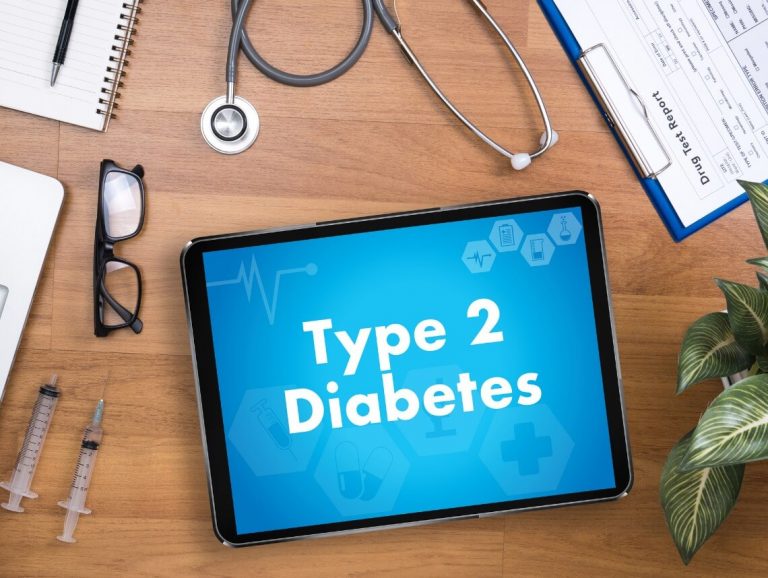
6. Chronic obstructive pulmonary disease (COPD)
COPD is a term commonly used to describe progressive lung diseases including emphysema, chronic bronchitis, refractory asthma, and some forms of bronchiectasis. This disease can make it much harder to get a good night’s sleep.
In fact, many COPD patients also suffer from insomnia, obstructive sleep apnea, and depression,” says Fredric Jaffe, DO, associate professor of Thoracic Medicine and Surgery at the Lewis Katz School of Medicine at Temple University.
Medications that are used to treat COPD, including bronchodilators and steroids which can also cause sleep difficulties. If you can’t sleep and have COPD, Dr. Jaffe recommends having a solid bedtime routine and reducing distractions such as using different devices in the bedroom. “Discuss with your pulmonologist if your COPD treatment is optimized and if any of the medications prescribed are impacting your sleep problems,” he advises.

























